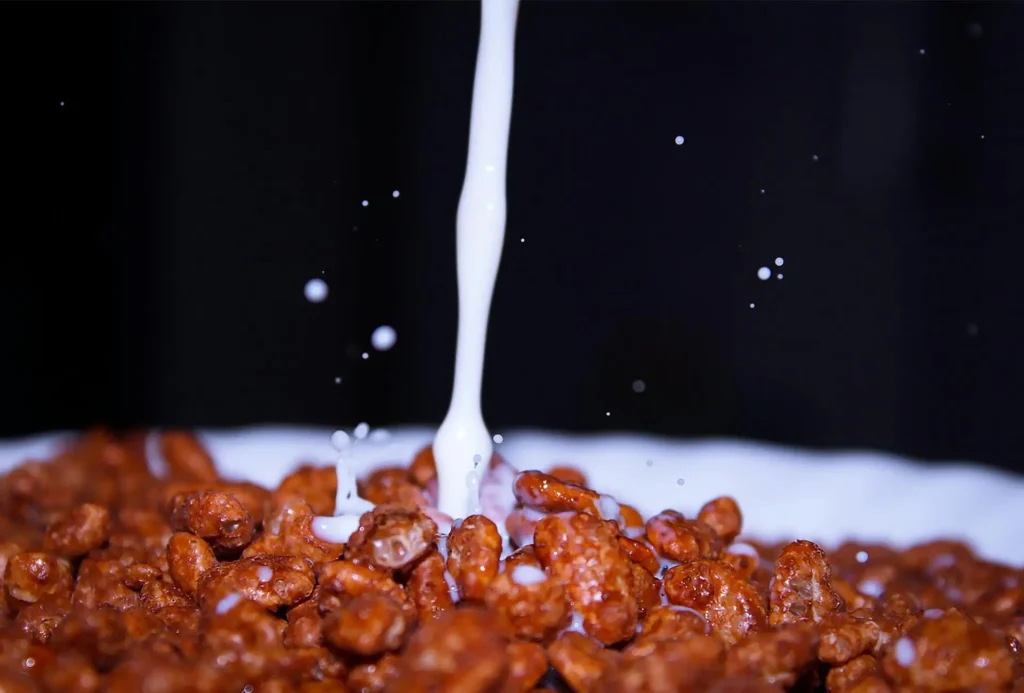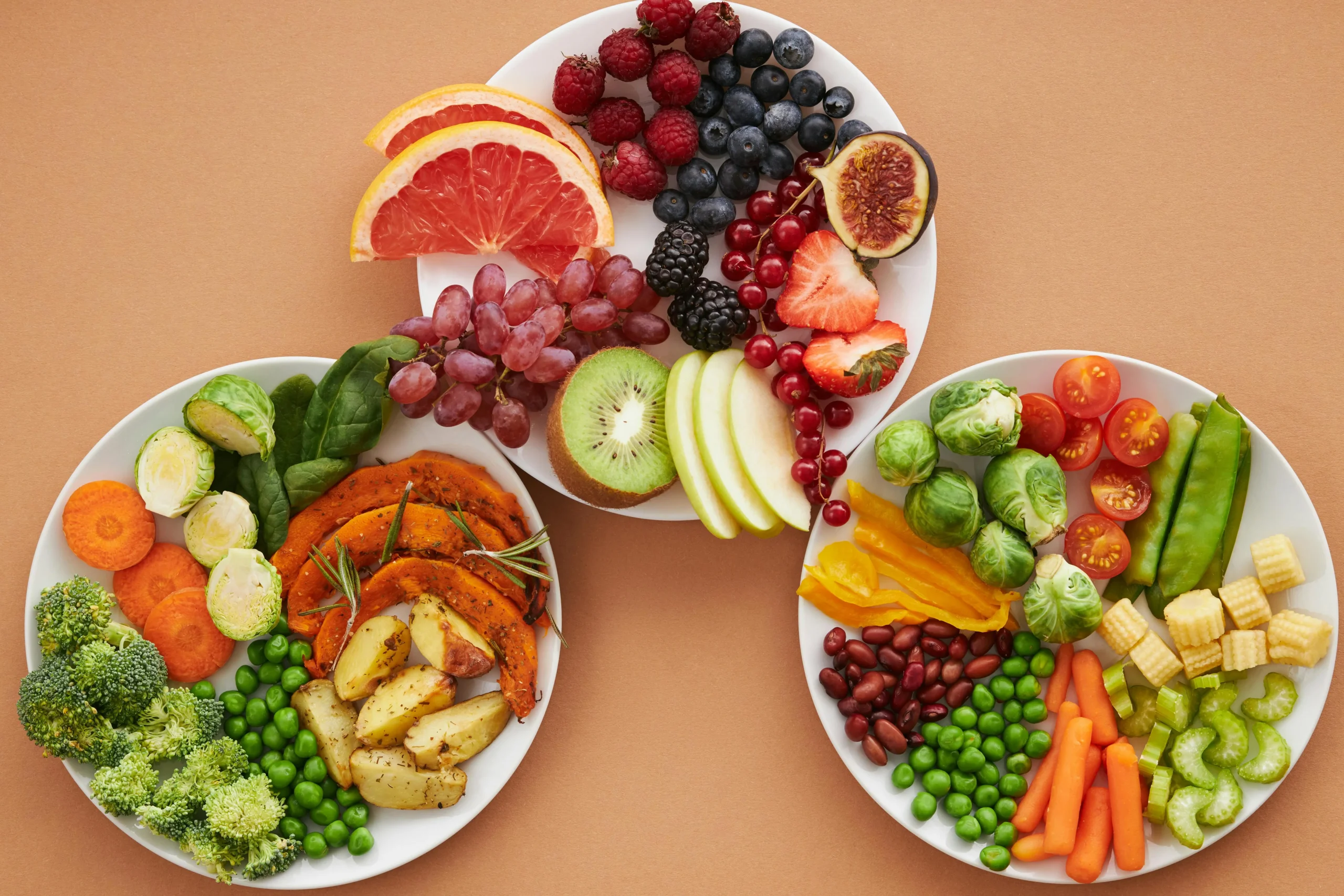Baby Meals
Table of Contents
When it comes to feeding your baby, every spoonful matters. The journey from milk to solid foods is not just about nutrition; it’s about developing taste, learning about textures, and forming a lifelong relationship with food. In this article, we will explore the world of baby meals, from first purees to toddler-friendly dishes, providing you with a comprehensive guide that will ease your transition and give your child the best nutritional start.
Understanding Baby Nutrition Needs
Babies have different nutritional requirements depending on their age and development. From birth to six months, breast milk or infant formula provides all the nutrients they need. However, once your baby hits the six-month milestone, it’s time to introduce solid foods, also known as complementary feeding.
Key nutrients to focus on include:
- Iron: Crucial for brain development, iron-rich foods should be introduced early.
- Zinc: Supports immune function.
- Healthy fats: Essential for brain and eye development.
- Vitamins A, C, and D: Important for growth and immune health.
Key Nutrients and Their Food Sources
| Nutrient | Importance | Baby-Friendly Sources |
|---|---|---|
| Iron | Brain development | Fortified cereals, lentils, spinach |
| Zinc | Immune function | Chicken, beans, whole grains |
| Healthy fats | Brain and eye development | Avocado, breast milk, fatty fish |
| Vitamin A | Growth and immune support | Carrots, sweet potatoes, dark greens |
| Vitamin C | Iron absorption and immune health | Oranges, strawberries, broccoli |
| Vitamin D | Bone health | Fortified milk, sunlight, eggs |
Starting Solids: The First Foods
The transition to solid foods can be both exciting and nerve-wracking. Common first foods include:
- Single-grain cereals like rice or oatmeal mixed with breast milk or formula
- Pureed fruits such as banana, apple, or pear
- Steamed and mashed vegetables like carrots, sweet potatoes, and peas

Start with small spoonfuls and gradually increase the quantity. Always introduce new foods one at a time to monitor for allergies.
Meal Ideas for 6-8 Months
At this stage, you can start combining ingredients and introducing a variety of textures.
- Breakfast: Oatmeal with mashed banana
- Lunch: Pureed lentils with carrots and rice
- Dinner: Mashed avocado with boiled egg yolk
- Snacks: Steamed apple slices or plain yogurt
Ensure meals are soft, well-cooked, and free of added salt and sugar.
Meal Ideas for 9-12 Months
As your baby develops chewing skills, offer more finger foods and chunkier textures:
- Breakfast: Scrambled eggs with soft toast fingers
- Lunch: Mini pasta with soft veggies and shredded chicken
- Dinner: Rice and beans with avocado slices
- Snacks: Soft fruits like ripe peaches, pears, or cheese cubes

Hydration and Drinks
Breast milk or formula should still be a primary drink until 12 months. Small amounts of water can be introduced after six months.
Curious about other beverages? Learn more about the topic here: Can Babies Have Almond Milk
Foods to Avoid in Baby Meals
Some foods pose a risk for babies and should be avoided:
- Honey (risk of botulism)
- Whole nuts (choking hazard)
- Added sugars and salt
- Raw or undercooked eggs and meats
Dealing with Picky Eaters
It’s normal for babies to be cautious with new foods. Tips to encourage healthy eating habits:
- Offer new foods multiple times
- Eat together as a family
- Make meals visually appealing
- Avoid forcing your baby to eat
Baby Meals and Allergies
Introduce allergenic foods like eggs, peanuts, and dairy early and in small amounts. Monitor for any signs of allergies such as rashes, vomiting, or swelling.

Planning a Weekly Baby Meal Plan
Consistency and variety are key. Plan meals ahead to reduce stress and ensure nutritional balance. You might consider checking out this 1400 Calorie Meal Plan for ideas, especially if you’re trying to balance family meals with your baby’s needs.
Sample Weekly Baby Meal Plan (9-12 Months)
| Day | Breakfast | Lunch | Dinner | Snack |
|---|---|---|---|---|
| Monday | Mashed banana & oatmeal | Lentil puree with carrots | Avocado and egg mash | Steamed apple sticks |
| Tuesday | Scrambled egg & soft toast | Chicken and veggie stew | Pasta with peas & cheese | Yogurt with mashed fruit |
| Wednesday | Fruit puree with cereal | Rice with mashed beans | Soft-cooked salmon & broccoli | Pear slices |
| Thursday | Yogurt & soft banana | Couscous with zucchini puree | Turkey and sweet potato mash | Cheese cubes |
| Friday | Toast with avocado mash | Mini pasta with soft vegetables | Lentil and spinach stew | Soft cooked carrots |
| Saturday | Apple & pear mash | Chicken with mashed peas | Rice and veggie soup | Plain yogurt |
| Sunday | Whole grain cereal & fruit | Shredded chicken and potatoes | Mini omelet with veggies | Peach slices |
Homemade vs Store-Bought Baby Food
Homemade baby meals offer full control over ingredients, freshness, and flavor. However, high-quality store-bought options are convenient and can be part of a healthy diet. Look for organic, additive-free options with minimal sugar and salt.
Easy Recipes for Busy Parents
- Sweet Potato & Apple Mash: Steam and mash equal parts of sweet potato and apple.
- Chicken & Veggie Stew: Simmer chicken breast, carrots, peas, and potatoes until soft. Blend lightly.
- Lentil & Spinach Puree: Cook red lentils and spinach together; blend into a smooth puree.
When Baby Becomes a Toddler
As your baby approaches 12 months, their meals should resemble mini versions of family meals. Encourage self-feeding with safe, soft finger foods and slowly transition from purees to more complex textures.
Tips for Safe Feeding
- Always supervise your baby during meals
- Ensure they’re seated upright
- Avoid foods that are choking hazards (grapes, hard candies, etc.)
- Cut food into manageable, baby-sized pieces
Conclusion: The Joy of Baby Meals
Feeding your baby is a journey filled with discovery, patience, and joy. From the first spoonful of mashed banana to full family meals, you’re nurturing not just a body but a relationship with food. Embrace the process, stay informed, and remember that every bite is a step toward a healthy future.

